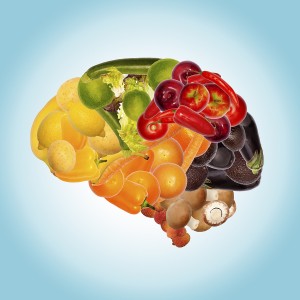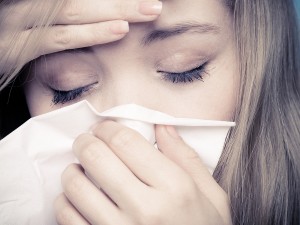With the holidays comes all of the tasty treats that often include candy canes and peppermint. However, as you may know, peppermint is not just a tasty accessory for all of the holiday baking. It can have some beneficial properties that can improve overall health. For instance, from a botanical medicine perspective, there are several ways that peppermint may be used. Often, I will prescribe it in tea form where an individual will be using the leaf. This herb can also be used as an essential oil and tincture. Each of these forms have different characteristics in themselves that may make them more useful for different situations than the other form. For example, if someone is has an infection in their lungs, breathing in an essential oil may be more effective than drinking a peppermint tea. Regardless, all forms are valid and carry beneficial properties for various conditions.
Main Actions
In botanical medicine, one of the main areas that we explore with her are a plant’s main actions. This aids in discovery of a plant’s whole potential. In regards to peppermint, it is a unique herb in the sense that it has many actions that can affect many different organ systems, from the liver to the lung.
- Spasmolytic – relieves spasms
- Carminative – helps with digestion
- Cholagogue – aids with liver functioning
- Anti-emetic – relieves nausea
- Anti-microbial – kills bacteria
- Mild Sedative – helps to put you to sleep
- Diaphoretic – helps you to produce a fever and fight off infections
- Analgesic – relieves pain
These main actions of peppermint can help us to determine what this herb could potentially help us with. The main indications for peppermint might include digestion, pain, sleep, and infections. However, the research surrounding this herb may reveal more around the benefits of this herb. Research has shown that peppermint in its various states, may help with the following conditions:
- Irritable Bowel Syndrome – abdominal pain, abdominal distention, flatulence, cramping, and gastric emptying all improved
- Non – ulcer dyspepsia
- Post – operative nausea
- Daytime sleepiness
- Congestion
- Wheezing in asthma
- Tension – both mentally and within the muscles.
The information above in no way reflects the full potential of this herb or a comprehensive review of the research. However it does provide you with an idea of the potential of this herb to benefit one’s health. There are some cautions that individuals should be aware of though. For example, peppermint can cause an increase in GERD and acid reflux symptoms. Also, certain genetic syndromes disable an individual from effectively processing peppermint, making it potentially harmful for some. Finally, peppermint can inhibit iron absorption, and so, it should not be consume before or with meals. As always, I should mention that peppermint is not for everyone, and so, please contact your health care provider to determine if you should be consuming peppermint as part of your health plan.
Have you benefitted from reading this blog? Know someone that would benefit as well? Share, Like, Comment, or Tweet this article, and let me know what you think.
Some of the information provided above may not be appropriate for everyone, please consult with your doctor before trying any of the above. If you are interested in Naturopathic Medicine and wanting a different approach to your health care needs, contact Dr. Elisha Cook ND by calling 519-537-7058 and book your appointment today!



